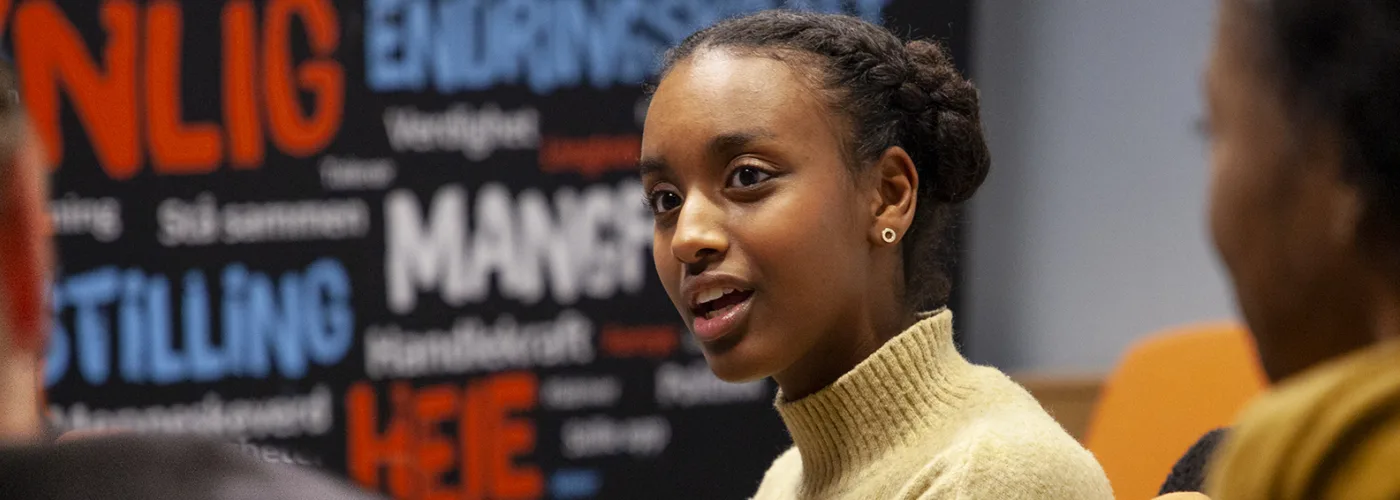Mediation Assistance
MEDIATION ASSISTANCE
Mediation is an acknowledged method of resolving disagreements and conflicts, but also to restore relationships after harm has taken place. The method is used in many areas of society. A neutral third party arranges meetings between people with the aim of helping them find a solution themselves.
You get the opportunity to tell the other party how the incident has affected you. You also get the opportunity to ask questions only the other part can answer. Both parties have the opportunity to take responsibility for the actions that led to the problem. Mediation can be a source of insight, development, and restoration of relationships. Mediation provides an opportunity for closure.It is free to use the Mediation Assistance.
Mediation Assistance provides a neutral third party mediator who has no decision-making authority and is impartial to the issues being discussed. The mediator assists the parties to find a mutually acceptable settlement.

What happens when you contact the Mediation Assistance?
Mediation is voluntary for both parties. A mediation meeting presupposes that both parties agree to use mediation as a method. The mediator does not decide how the case will be resolved. You always have control over the outcome, and you may leave the mediation process at any time.
You will first have your own meeting with the mediator when you contact the Mediation Assistance. You can ask the questions you have about the mediation process. The mediator will give you advice on what to prepare for before the mediation starts. The pre-meeting aims to make you confident in what to expect in the actual mediation meeting. It's possible to have a pre-meeting with a mediator even if you are unsure whether you want to conduct a mediation meeting or not. Remember that mediation is voluntary.
The mediator conducts pre-meetings with both parties. The mediator and the parties sign a declaration of confidentiality in advance of the mediation meeting.
In the mediation meeting, we talk about the incident that has created conflict or a need for restitution. You get the opportunity to explain how it has affected you. Both parties get to share their own experiences, in addition to listening to the other. We share what the parties want to get out of the meeting. The mediator does not make a decision, only facilitates the conversation. Mediation is a process where both get to say what they need in a safe and factual manner. Thus in some meetings the focus will be on restitution of the harm done. While in other meetings will be about negotiating a mutually acceptable solution.
Follow-up meetings can be arranged if necessary.